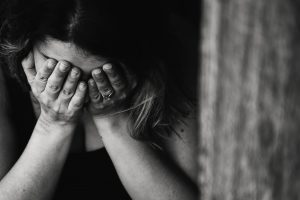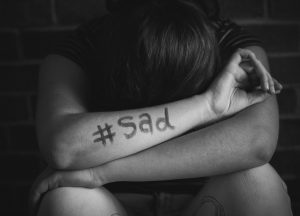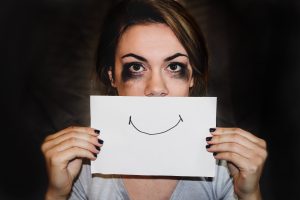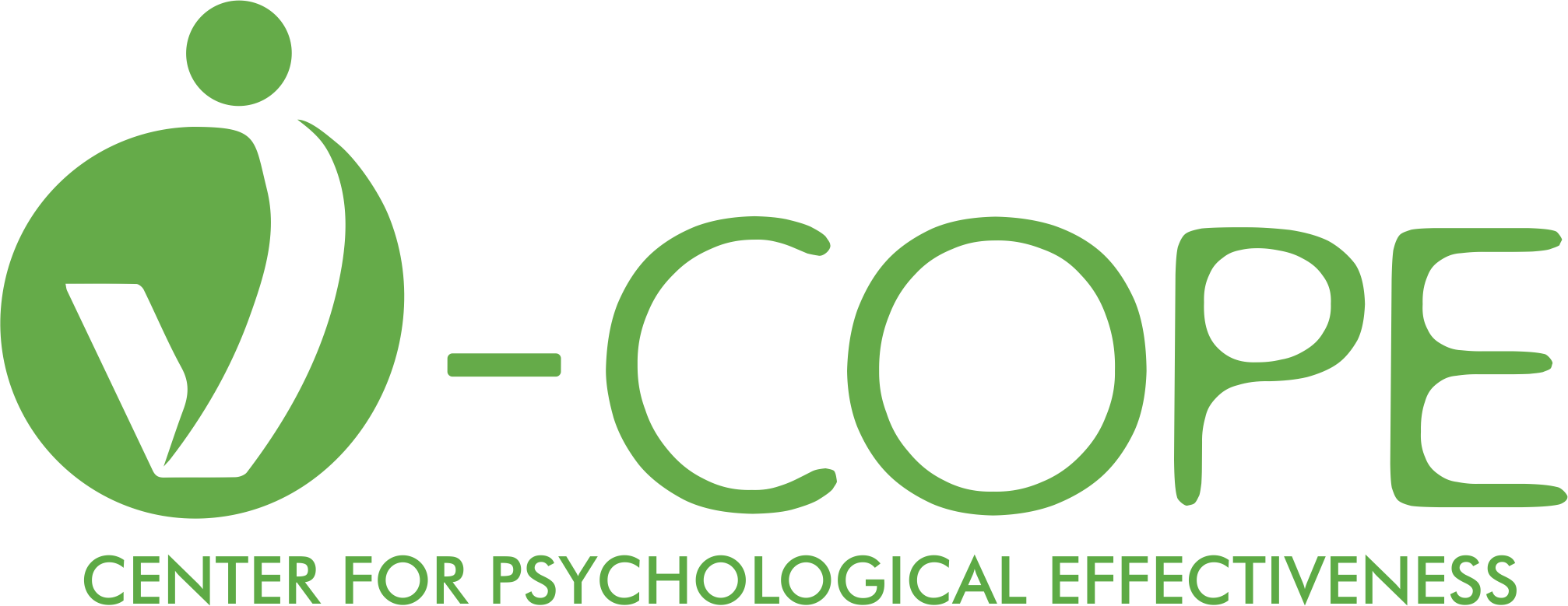Depression
Depression is the most common and serious mood disorder that affects a person. Depression is characterized by persistently low mood and a feeling of sadness and loss of interest in activities once enjoyed, lasting on average 6 to 8 months. Fortunately, it is also treatable. It can lead to a variety of emotional and physical problems and can decrease a person’s ability to function at work and at home.
Types of Depression
- Brief reactive or secondary depression (most common)-It occurs in response to real stimuli such as grief, illness, etc.
- Major depression (melancholic and recurrent depression)–It is a genetically determined biochemical disorder manifested by an inability to experience ordinary pleasure or to cope with ordinary life events.
- Manic-depressive depression (depression + bipolar affective disorder)–The mood change may have a psychotic basis with delusional thinking or occur in isolation and induce anxiety.
- Dysthymia is a persistent disorder with low mood over a long period of time, even a year or more.
- Postpartum Depression (PPD) occurs in mothers after they give birth (Postpartum period). Mothers may feel irritable, anxious, detached from their new baby or intrusive fear that they will hurt their own child. Hormonal fluctuations are the major cause of this condition.
Symptoms of Depression
- Persistent feelings of sadness, hopelessness, worthlessness, or emptiness.

- Lack of sleep, sleep disturbances or sleeping too much.
- Fatigue, lack of energy and impaired concentration.
- Loss of interest in activities or hobbies that used to be enjoyable.
- Physical symptoms such as headaches, stomach aches, or back pain.
- Difficulty thinking clearly, remembering or making decisions.
- Unintentional weight loss (without dieting) or low appetite.
- Irritability, frustration, or restlessness.
- Recurrent thoughts of death or suicide.
Treatment of depression
Depression is one of the treatable mental illnesses. Professional Clinical psychologist or psychiatrist can be the best person to approach. The management of depression involves
 Supportive therapy– Self-help and Coping with depression are major tasks. Supportive therapy ranges from discussing practical solutions for the current problems and educating family members. Aerobic exercise may help too in treating mild depression. The goal is to create a positive feeling and improve mood.
Supportive therapy– Self-help and Coping with depression are major tasks. Supportive therapy ranges from discussing practical solutions for the current problems and educating family members. Aerobic exercise may help too in treating mild depression. The goal is to create a positive feeling and improve mood.
Psychotherapy-Cognitive Behavioral Therapy (CBT) and Interpersonal Therapy are the two major effective treatment options in psychotherapy.
Drug treatment–Antidepressants like (SSRI’s, SNRI’s) and atypical antidepressants are the medications available. Each class of antidepressant specifically targets a different neurotransmitter. Antidepressants may produce beneficial effects within the first week or two of use.
Bipolar Disorder
Bipolar disorder is a manic-depressive illness which is characterized by unusual shifts in mood, energy, activity levels, and the ability to carry out day-to-day activities.
These mood fluctuations range from periods of extremely “up,” elevation, and energized behavior known as manic episodes to very sad, “down,” or hopeless periods known as depressive episodes. Less severe manic periods are known as hypomanic episodes.
Types of bipolar disorder
- Bipolar I: Occurrence of one manic episode which is followed by hypomanic or major depressive episodes.
- Bipolar II: This type of bipolar disorder is characterized by one major depressive episode that lasts at least 15 days and at least one hypomanic episode that lasts for a few days.
- Cyclothymia: Cyclothymia distinctive features of back to back episodes of both hypomania and depression. Cyclothymic disorder is a milder form of bipolar disorder involving repeated mood swings with episodes of hypomania and depressive symptoms.
Treatment for Bipolar Disorder
Medications:
- Mood -stabilizing medication are effective drugs to control manic or hypomanic episodes. Lithium has been a widely used mood stabilizer for many years though it poses several potential side effects.
- Antipsychotics: If symptoms still persist in spite of treatment with other medications, antipsychotic drug such as aripiprazole, quetiapine olanzapine, risperidone, etc can be prescribed along with a mood stabilizer.
- Antidepressants: Your doctor may add an antidepressant to help manage depression. Because an antidepressant can sometimes trigger a manic episode, it’s usually prescribed along with a mood stabilizer or an antipsychotic.
- Anti-anxiety medications: Benzodiazepines group of drugs may help with anxiety and improve quality of sleep but are usually recommended for short-term relief.
















